18, January 2018
Zimbabwe’s Mnangagwa announces election in four to five months 0
Zimbabwe will hold elections in four to five months, a newspaper on Thursday quoted President Emmerson Mnangagwa as saying, the first time since independence the southern African state will conduct a vote that does not involve Robert Mugabe.
The vote, a litmus test of Mnangagwa’s democratic credentials, will be crucial to unlocking badly needed financial assistance and repairing relations with Western powers and international financial institutions.
Mnangagwa, a protege of Mugabe, came to power in November after a de-facto military coup when the 93-year-old was forced to resign after the military confined him to his Harare mansion.
It was the culmination of a power struggle between Mnangagwa and former first lady Grace Mugabe, who was being groomed by her husband as his potential successor.
Now Mnangagwa, 75, is under pressure himself to deliver on the economy and show that he is breaking with the policies of Mugabe, whose 37-year rule since independence in 1980 turned a promising country into a basket case and international pariah.
He promised the elections for the presidency, parliament and local government would be peaceful and told business leaders their investments would be secure and their profits safe.
“Zimbabwe is going for elections in four to five months’ time and we have to preach peace, peace and peace because we know it is good for us and we have no doubt that we will have peaceful elections,” Mnangagwa was quoted as saying by the official Herald newspaper during an official trip to Mozambique.
“We will ensure that Zimbabwe delivers free, credible, fair and indisputable elections to ensure Zimbabwe engages the world as a qualified democratic state.”
Under the constitution, Zimbabwe should hold elections between July 22 and Aug. 22, but parliament can choose to dissolve itself, triggering an earlier vote. The ruling ZANU-PF holds a two-thirds majority in parliament.
Since 2000, which coincided with Mugabe’s often violent seizure of land from white farmers, elections in Zimbabwe have been marred by political violence and disputes.
But the 2018 vote could catch the opposition flat-footed.
Mnangagwa’s main rival Morgan Tsvangirai is suffering from cancer, which has helped expose divisions in his Movement for Democratic Change party as officials scramble to take over leadership of the party.

The economy is suffering acute shortages of cash dollars, increases in prices of basic goods, high unemployment and low levels of foreign investment, making it the biggest challenge for Mnangagwa.
At a function ahead of next week’s World Economic Forum meeting in Davos, Mnangagwa said the extent of economic problems required Zimbabweans to work together as he promised to safeguard all investments in the country.
“All investments will be safe and secure in Zimbabwe. Foreign investors will be able to repatriate profits,” he told a gathering of government officials and business leaders.
To reinforce that Mnangagwa plans to govern differently to Mugabe, the government said in a document published on Thursday that it was considering setting up a special tribunal to determine compensation for former white commercial farmers.
In the past 18 years, there has been little investment in agriculture, the backbone of the economy, due to disputes over compensation between former white farmers and the government.
Analysts say resolving the emotive land issue could unlock foreign investment in agriculture and help mend ties between Harare and the West, which imposed sanctions over the seizures and alleged vote rigging by Mugabe.
Mnangagwa said he was going to the Davos meetings, the first such trip by any Zimbabwean leader, to “dispel the perception” that Zimbabwe is “an isolated island”.
Source: Reuters

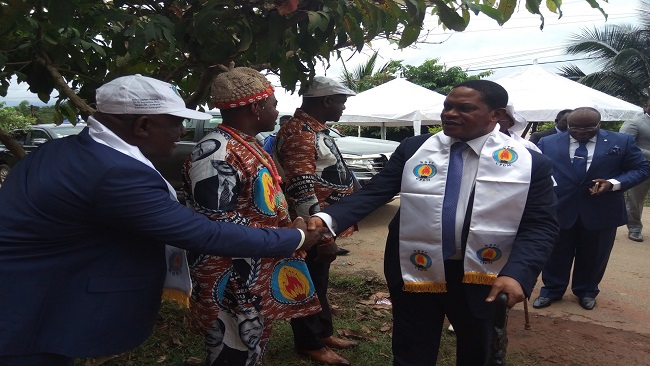
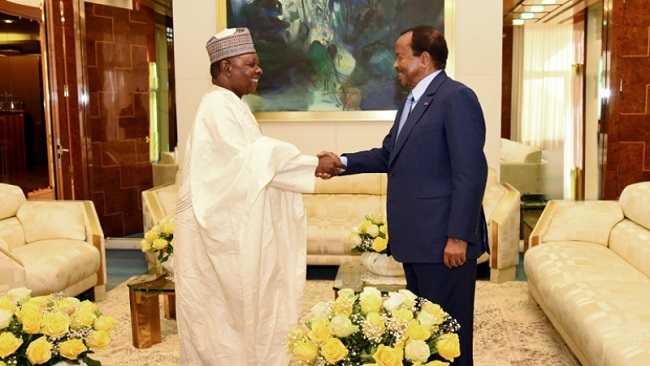
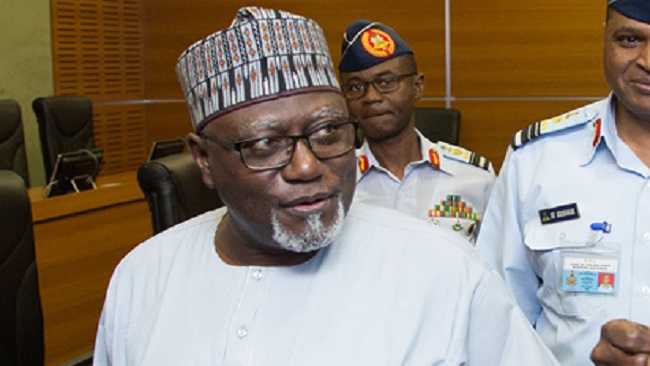
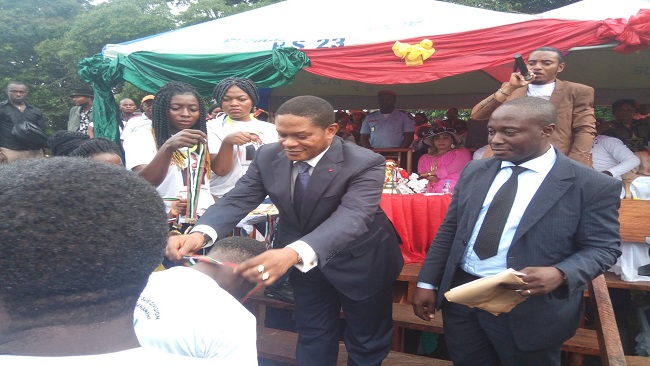
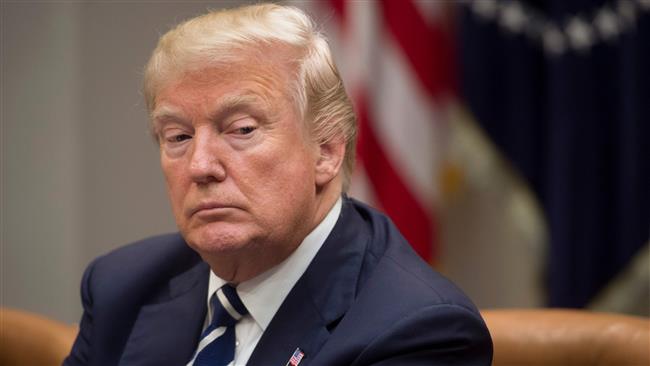

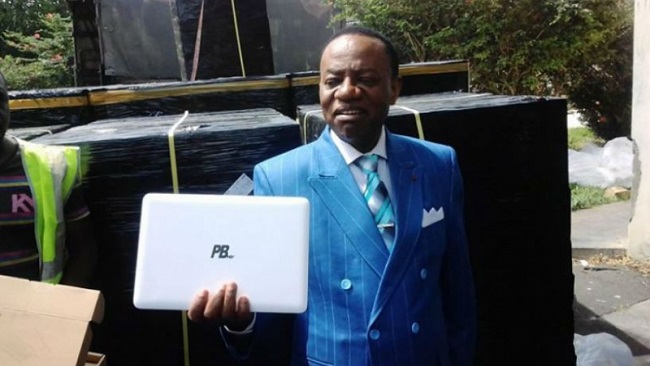

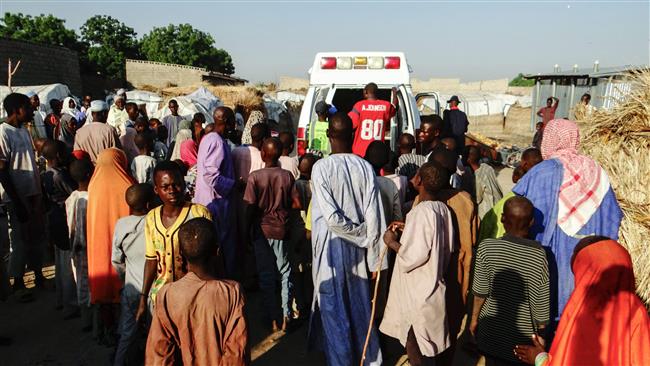

















18, January 2018
UN says last three years were hottest on record 0
The last three years were the hottest on record, the United Nations weather agency said Thursday, citing fresh global data underscoring the dramatic warming of the planet.
Consolidated data from five leading international weather agencies shows that “2015, 2016 and 2017 have been confirmed as the three warmest years on record”, the World Meteorological Organization (WMO) said.
It added that 2016 remains the hottest year ever measured due to the warming effect of El Nino, while 2017 was the warmest non-El Nino year, beating out 2015 by less than one hundredth of a degree.
“The long-term temperature trend is far more important than the ranking of individual years, and that trend is an upward one,” WMO secretary-general Petteri Taalas said in a statement.
The 21st century has so far been a period of the hottest weather, accounting for 17 of the 18 warmest years on record.
“And the degree of warming during the past three years has been exceptional,” Tasslas added.
The WMO also highlighted the intensification of weather and climate related disasters, which hit record levels in the United States last year, while multiple countries were devastated by cyclones, floods and drought.
The WMO findings were based on data provided by the US National Oceanic and Atmospheric Administration, US space agency NASA, Britain’s Met office, the European Center for medium range weather forecasts and the Japan Meteorological Agency.
Using those inputs, the UN said that the average global surface temperature last year was 1.1 degrees Celsius (1.98 degrees Fahrenheit) above pre-industrial levels.
Reacting to the results, experts warned that the planet was moving closer to a set of red lines laid out in the historic 2015 Paris climate agreement.
That treaty calls for capping global warming at “well under” two degrees Celsius (3.6 degrees Fahrenheit).
“When even ‘colder’ (non-El Nino) years are rewriting the warmest year record books we know we have a problem,” said Dave Reay, the Carbon Management chair at the University of Edinburgh.
“Global temperatures will continue to bob up and down from year to year, but the climate tide beneath them is rising fast.”
‘Focus’ needed
There is mounting global consensus on the need to slash CO2 and methane emissions, improve energy efficiency, and develop technologies to remove CO2 from the air.
But US President Donald Trump’s decision to withdraw from the Paris accord has rattled the international community and complicated efforts at forging joint action — even though many US state governments insist they remain committed to cut emissions.
Since industrialization took off in the early 19th century, CO2 concentrations in the atmosphere have increased by nearly half, from 280 parts per million to 407 parts per million.
Trump will head to the World Economic Forum in Davos next week, an annual gathering of global elite, where he will confront some of the political and civil society leaders who fought hard for the Paris deal.
“Collaborative efforts” to combat unprecedented shared challenges will be a major theme of meeting, WEF boss Klaus Schwab said this week.
“The record temperature should focus the minds of world leaders, including President Trump, on the scale and urgency of the risks that people, rich and poor, face around the world from climate change,” said Bob Ward, policy director at the Grantham Research Institute on Climate Change and the Environment and the London School of Economics.
(Source: AFP)